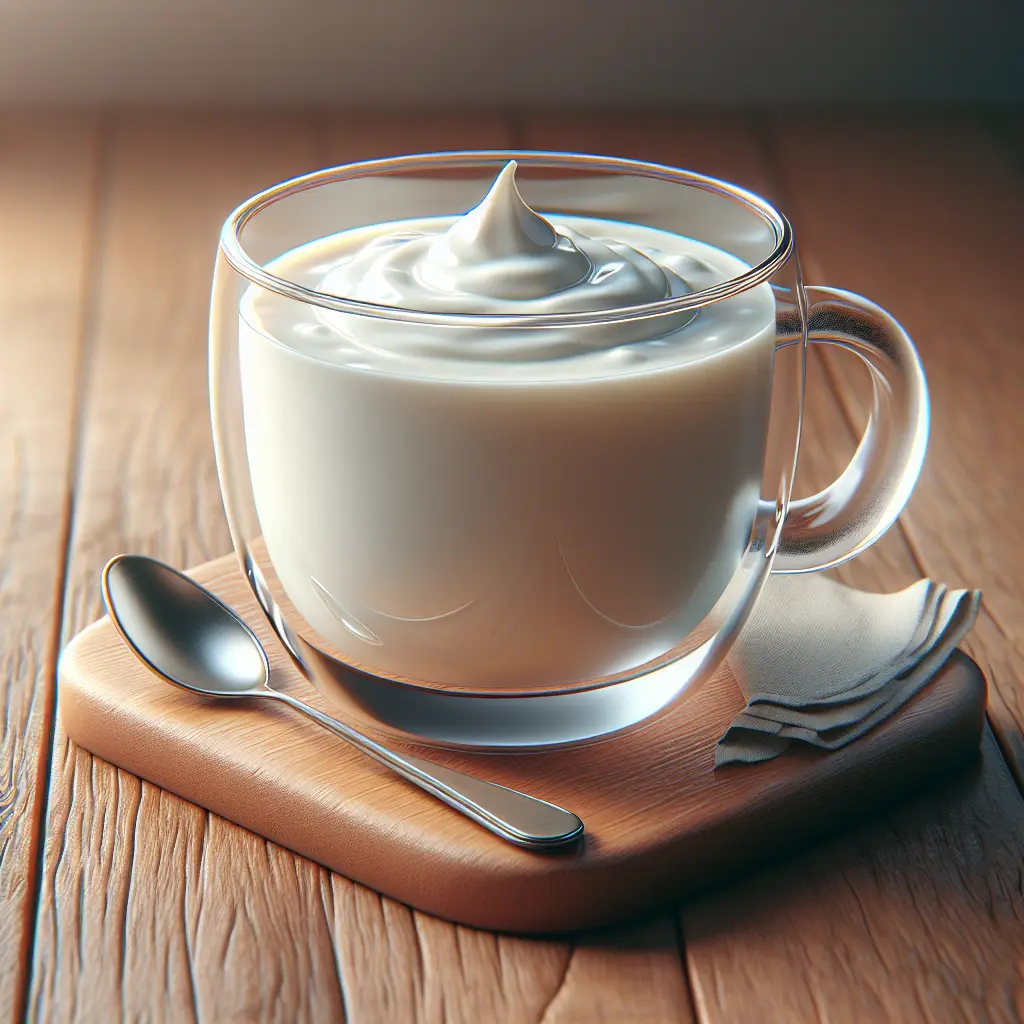Curd: A Culinary and Nutritional Wonder
Curd, a versatile dairy product, has been enjoyed in various forms across cultures for centuries. It holds a prominent place in Indian cuisine, where it is consumed both fresh and as an ingredient in numerous delectable dishes. Curd's distinct flavor and texture, coupled with its nutritional value, make it a culinary and health enthusiast's delight.
Nutritional Profile of Curd
Curd is a rich source of essential nutrients, making it a valuable addition to a balanced diet. It is particularly known for its high protein content, which supports muscle growth and repair. Moreover, curd is an excellent source of calcium, crucial for maintaining strong bones and teeth. It also contains other essential minerals such as phosphorus, potassium, and magnesium.
In terms of macronutrient composition, a half-cup serving of curd provides:
- Calories: 69
- Protein: 3.9 grams
- Fat: 3.7 grams
- Carbohydrates: 5.3 grams (including 5.3 grams of sugar)
- Fiber: 0 grams
Health Benefits of Curd
Curd offers an array of health benefits due to its nutrient-rich composition. Let's delve into some of its most notable benefits:
-
Improved Digestion: Curd contains probiotics, beneficial bacteria that support gut health. These probiotics help break down lactose, the natural sugar found in milk, making curd easier to digest for those with lactose intolerance. Additionally, curd's lactic acid content helps regulate the pH balance of the digestive tract, promoting a healthy digestive system.
-
Enhanced Bone Health: Curd is an excellent source of calcium, which is essential for maintaining strong bones and teeth. Calcium absorption is further enhanced by the presence of vitamin D in curd, a nutrient that facilitates calcium absorption. Regular consumption of curd can help reduce the risk of osteoporosis and other bone-related issues.
-
Reduced Inflammation: Curd contains anti-inflammatory compounds, such as conjugated linoleic acid (CLA) and butyric acid. These compounds can help reduce inflammation throughout the body, which has been linked to various chronic diseases, including heart disease, diabetes, and arthritis.
-
Improved Heart Health: Curd contains healthy fats, including conjugated linoleic acid (CLA) and omega-3 fatty acids. CLA has been shown to have anti-inflammatory properties and may help reduce the risk of heart disease by improving cholesterol levels and reducing inflammation in the arteries. Omega-3 fatty acids are also beneficial for heart health, as they can help lower blood pressure and reduce the risk of blood clots.
Culinary Versatility of Curd
Apart from its nutritional value, curd also shines in the culinary world. It is a versatile ingredient that can be enjoyed in various forms:
-
Fresh Curd: Fresh curd, known as dahi in India, can be consumed directly or used as a base for raita, a yogurt-based condiment. It is also a key ingredient in many Indian desserts, such as lassi and shrikhand.
-
Hung Curd: Hung curd, also called Greek yogurt, is made by straining the whey from regular curd. It has a thicker consistency and a tangy flavor. Hung curd is often used in dips, spreads, and as a topping for salads and curries.
-
Flavored Curd: Curd can be flavored with fruits, herbs, and spices to create a variety of delicious treats. Sweet curd can be made by adding fruits like mango, strawberry, or honey. Savory curd can be made by adding herbs like mint, cilantro, or cumin.
Curd's versatility extends beyond Indian cuisine; it is also a popular ingredient in many other cuisines around the world. For instance, labneh, a strained yogurt from the Middle East, is used as a spread and dip, while skyr, an Icelandic yogurt, is known for its high protein content and thick texture.
How many calories are in Curd?
Each 0.5 cup of Curd contains 69 calories.
Curd Nutritional Information
| Nutrient | Amount per 0.5 cup (113g) |
|---|---|
| Calories | 69 Calories |
| Protein | 3.9g |
| Fat | 3.7g |
| Saturated Fat | 2.4g |
| Cholesterol | 0.015mg |
| Carbohydrates | 5.3g |
| Dietary Fiber | 0g |
| Sugar | 5.3g |
| Sodium | 0.052mg |
| Potassium | 0.1758mg |
| Calcium | 0.137mg |
| Iron | 0.0001mg |
